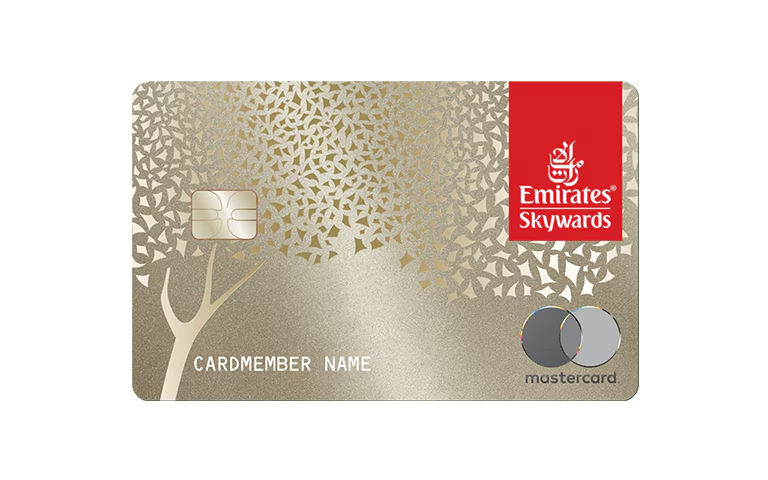
🛡️ Protecting Your Digital Identity: Best Practices for Online Security
In the hyper-connected world of the 21st century, our digital identity is as valuable—and vulnerable—as our physical self. It’s the sum of our online existence: email addresses, social media profiles, financial accounts, health records, and the countless data points that paint a picture of who we are. The convenience of digital life, however, comes with an elevated risk of exposure to cyber threats, ranging from minor data breaches to catastrophic identity theft. Protecting this identity is no longer an optional chore but a mandatory and continuous process. This comprehensive guide outlines the best practices for fortifying your defenses and maintaining a secure, private digital life. The Foundation of Security: Strong Authentication The simplest yet most critical line of defense for your digital identity is robust authentication. Compromised credentials are the gateway for over 80% of data breaches. 1. The Password Manager Imperative The days of using your pet’s name or










